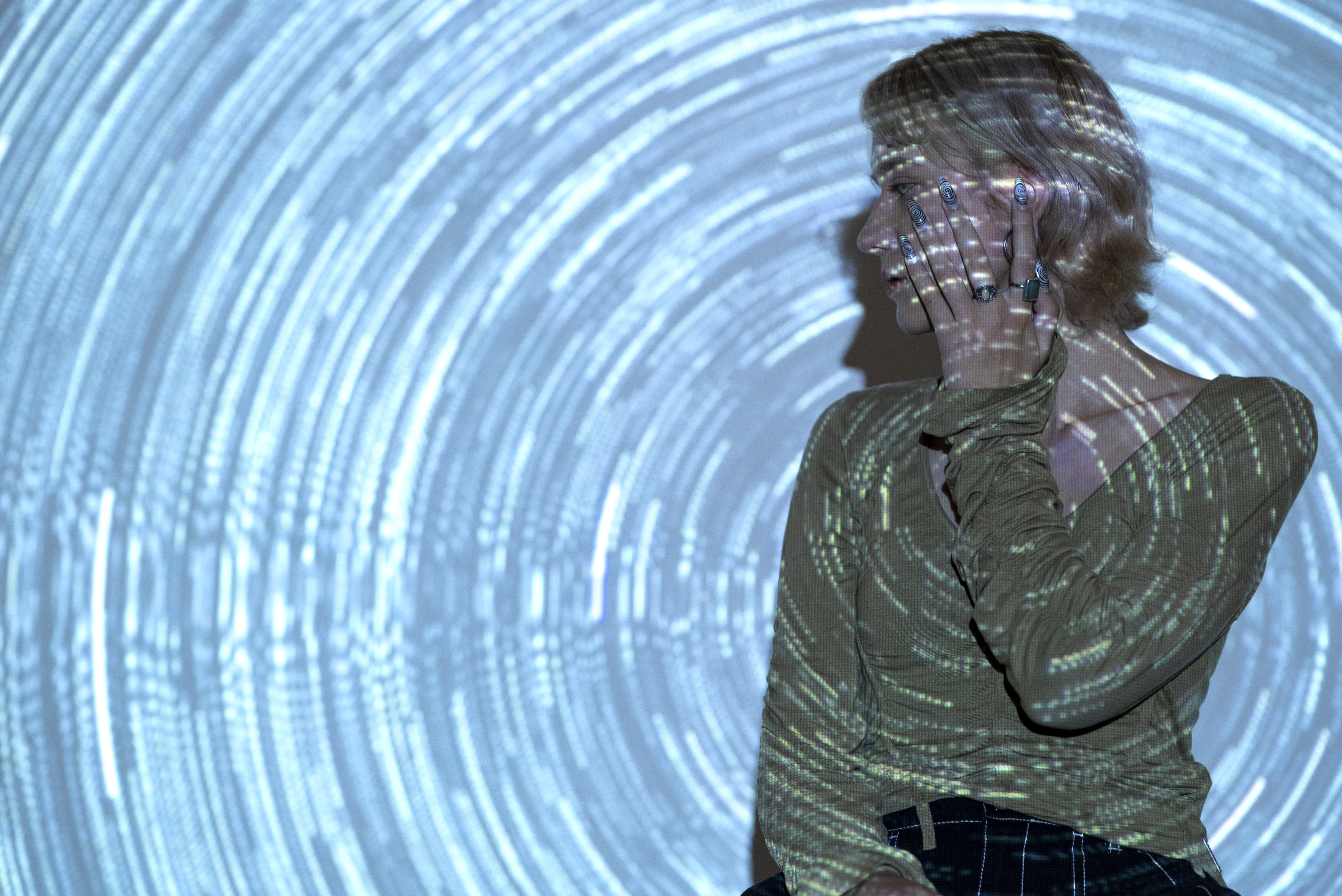Psychedelics and PTSD: A New Frontier in Mental Health Research

Post-Traumatic Stress Disorder (PTSD) affects millions of people worldwide — from combat veterans and first responders to survivors of abuse, accidents, and chronic trauma. Traditional treatments, like cognitive behavioral therapy and antidepressants, can help, but many individuals continue to suffer despite years of effort. That’s why researchers are turning to an unexpected ally: psychedelics.
Once stigmatized and silenced, psychedelics like MDMA, psilocybin, and even ayahuasca are now at the center of cutting-edge clinical trials focused on trauma recovery. And the early results? Nothing short of groundbreaking.
Why Psychedelics?
Psychedelics aren’t just about altered states — they’re about unlocking access to deeply buried emotions and memories. When used in controlled, therapeutic settings, these substances can help patients process traumatic experiences without becoming overwhelmed.
- MDMA-assisted therapy, in particular, has shown such dramatic results in Phase 3 trials that the FDA has designated it a “breakthrough therapy.” In studies, over two-thirds of participants no longer qualified for a PTSD diagnosis after just a few sessions.
- Psilocybin, the active compound in magic mushrooms, is also being studied for its ability to reduce trauma-related depression and anxiety by promoting emotional openness and neuroplasticity.
A Shift in Treatment Philosophy
Psychedelic therapy doesn’t follow the traditional model of daily medication. Instead, it combines intensive psychotherapy with one or two guided psychedelic sessions, offering not just symptom management — but potential transformation.
This approach treats trauma at the root, rather than layering medication on top of it.
Looking Forward
We’re still in the early stages, but the momentum is real. With more clinical trials underway and regulatory bodies paying close attention, psychedelics may soon become a mainstream option for healing PTSD — not as a last resort, but as a first step toward true recovery.
The frontier of mental health is expanding — and it’s being guided by science, compassion, and the bold rediscovery of ancient medicines.

.png)
